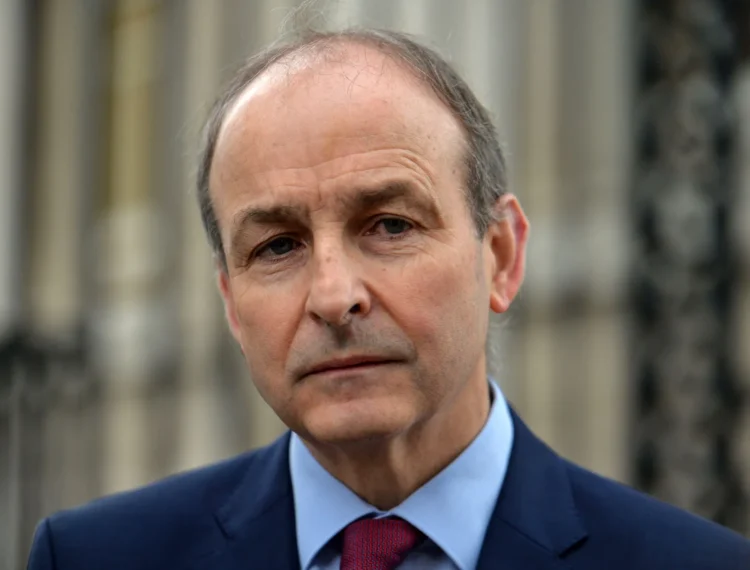By Tony O’Reilly-
The Irish government has decided to initiate a legal challenge against the United Kingdom under the European Convention on Human Rights (ECHR).
The case centers on the UK’s recent implementation of the Northern Ireland Troubles Legacy Act, raising concerns about potential breaches of international law.
The Northern Ireland Troubles Legacy Act, enacted in September 2023, aims to bring an end to legal proceedings related to historical events by offering immunity to individuals cooperating with the newly established Independent Commission for Reconciliation and Information Recovery (ICRIR).
While this move has been welcomed by soldiers and their families, concerns have been raised about its compatibility with human rights laws.
The act’s provision of conditional amnesty has sparked controversy, as it may infringe on the obligation of countries, as stipulated by the ECHR, to investigate unnatural deaths and allegations of torture. Compliance with the ECHR is a crucial component of the Good Friday Agreement, and any deviation raises questions about the UK’s commitment to these foundational principles.
Deputy Prime Minister Micheal Martin(pictured) confirmed the Irish government’s decision to pursue an inter-state case against the UK under the ECHR.
The challenge specifically targets the Troubles Legacy Act, citing potential violations of human rights obligations and the Good Friday Agreement. This legal action marks the first such case since 1971 when the Irish government last took the UK to the European Court of Human Rights.
The Troubles Legacy Act faced significant opposition in Northern Ireland, with every victim’s group and political party opposing its implementation.
Critics argue that the legislation, by offering a conditional amnesty, contradicts the principles laid out in the European Convention on Human Rights and the Good Friday Agreement. The Act’s dual impact on military veterans and former terrorists has heightened concerns, leading to a groundswell of opposition.
A key aspect of the controversy surrounds the potential trade-off between truth and justice. The act grants immunity from prosecution to individuals, both veterans and former terrorists, in exchange for cooperation with the ICRIR. However, victims and their families contend that this compromise undermines their quest for justice, as existing avenues, including inquests, police investigations, and civil actions, are closed down.
Deputy Prime Minister Micheal Martin emphasized that the decision to challenge the UK’s legislation was not unilateral. International observers, including the Council of Europe’s Commissioner for Human Rights and the UN High Commissioner for Human Rights, have expressed serious reservations. Additionally, opposition from people in Northern Ireland, particularly victims and their families, has been a driving force behind the legal challenge.

